You have no items in your cart. Want to get some nice things?
Go shopping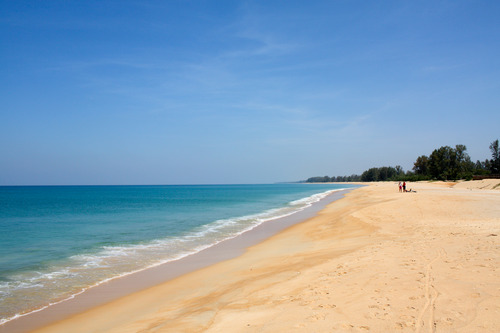
At the time I barely registered the bottom or the thong, even less the woman to whom both belonged. I was far too high on Yeats. I had discovered him two weeks ago in a classroom in Savannah, Georgia and his words were ringing in my unbelieving head the way temple bells might in the head of a believer. I was soaking in the lake waters of Innisfree, chasing the girl with apple blossom in her hair, delighting in the cloths of heaven…Nothing about that moment in 1988 could possibly tease me away, even if it came dressed as a bottom in a thong.
Now, almost twenty-eight years later, the same moment returns very differently. The first thing to appear is a marvellously round, tanned bottom in a T-shaped green thong. Then the rest of the woman materializes. Long, leathery legs flow earthwards. A slim torso thrusts up. Firm breasts bulge inside the bikini cup. Long, curly brown hair frames a delicate face with high cheekbones… I have a sneaking suspicion that neither she nor her bottom was anywhere near as perfect as I now see them; if they were no amount of Yeats hero worship could have culled me away from them. But I have no desire to tamper with the memory. If it is fiction, then it is one that I wish to believe.
As I continue to look, the sallow sands of Tybee beach arrange themselves round the woman. White, black and bronzed bodies clad in a variety of swimsuits people the beach. A bright late summer Georgian sky spreads itself above an Atlantic gleaming like a starry constellation in the sunshine. Hip hop music surges out of radios. The smell from barbecues wafts in the air.
It is at this point that my father starts to take shape. He has to be the most overdressed person on that beach; he is wearing trousers, a long-sleeved shirt and a pair of shiny, black leather shoes. His thick white hair is restless in the breeze. His nose, which is slim and pointed like mine, contemplates the ground as do the astigmatic eyes behind the thick glasses. His parchment-coloured face is abashed. One hand picks on his white moustache. He is the bashful Indian father, far too embarrassed to eyeball half-naked women in the company of his teenaged son.
I see all that now in a way I could not in 1988. Back then, my dad was merely a human receptacle into which I was unleashing my excitement. I have no idea which part of Yeats’ oeuvre I was exulting in. But I can see Dad indulging me with the patience of a loving parent. He had a vague notion about Yeats. Didn’t he do something with Tagore? he asked. He pronounced his name in a way that made it rhyme with Keats who he had read at school. Later that day, at my behest, he picked up my textbook of Yeats’ Collected Poems and dutifully studied it for an hour. He dubbed the poems good. He was an Indian army officer educated in British India. I very much doubt if Yeats’ Irish myths and legends would have made any sense to him. Niamh and Oisin would have been unpronounceable. But Yeats was always going to be good in his book. Anything less would have broken my worshipping heart.
Thus it was that my real father met my literary father. Later that day, I told Dad I was going to be a writer, a poet in the Yeatsian vein. He heard me out with a thoughtful face that softened into a smile the moment I was finished. Most Indian fathers would have balked at the idea. Dad, to my surprise and relief, was happy. I was dreading an earful about the impracticality of it all. (I got that later from my mother.) But Dad never questioned my decision. Not even when I wrote with little success over the ensuing decade, spending his money with abandon while making very little of my own. It was only later that I learned he’d had writing ambitions of his own in college which his family’s tight financial situation had caused him to set them aside in favour of a real job. My becoming a writer was karma for the sacrifice he had been forced to make.
As the years passed, I found more editors saying yes to my prose pieces than my poetry. Finally, I quit writing poetry. But I continued to return to Yeats. Each time I went back I was a different reader—more critical, less reverential, increasingly questioning, frequently dissatisfied… Or, more accurately, I was a different man—older, more cynical, worldlier… I was no longer willing to gloss over the elitism manifest in much of Yeats’ later poetry. I found his dalliance with fascism in the thirties troubling…Yet, even as Yeats’ imperfections piled up, an innate affection kept me going back to him, the kind I have not felt for any other writer. Why Yeats? I have frequently asked myself. I am not into things Irish. The closest I have been to the country is to interview for a job at Queen’s University in Belfast; a job that I did not get. I have admired the work of other Irish writers such as Joyce and Heaney without feeling any deep connection to it. In my own work, I steer away from myth and legend which form such a big part of Yeats’ oeuvre, as well as the spirituality and exoticism that drew him to India. In terms of politics, I am more left-leaning than Yeats ever was…Yet he remains the one writer engraved in my soul. I guess, in life, you don’t get to choose your fathers, natural or otherwise.
Looking back now, I am struck by how my relationship with Yeats mirrors the one with my real father. Dad was my greatest hero right through childhood and adolescence. That started to change as I entered the nineties and began to have girlfriends. The same father, who unequivocally championed my writing career, metamorphosed into the puritanical Indian parent with a speed that was startling. He’d spout words reminiscent of Bollywood melodramas while launching bitter rants about how I was flouting Indian culture and abusing his trust by dating. I doubt if his reaction would have been any different if I were dating Indian girls, but the fact the girls were American really got his goat. Sometimes my mother would join in and I would have the two of them reproaching me. In the end, I got sick of it all and fell back on deceit. That was easy enough while my parents were in India; a simple lie on the phone did the trick. When they were in America, the subterfuge was far more elaborate. I’d tell Mom and Dad I was going to lectures and readings when I was really going out on dates. At times, I would sneak away for an entire weekend on the pretext of attending a writing conference… With practice, I got good at covering my tracks and the bickering ceased.
This was also the time where I got my first inkling of how different I was going to be from my father. On December 6, 1992, Hindu zealots tore down the Babri Mosque at Ayodhya. Dad greeted the news with glee. He was a refugee from Rawalpindi, now in Pakistan, who had lost everything in the Hindu-Muslim violence that accompanied Partition. For him what happened at Ayodhya was comeuppance, long overdue, for the people who had destroyed his life in Rawalpindi and turned him into a poor refugee. Even now I don’t know what shocked me more. Babri Masjid going down or the triumphant mood that engendered in my dad. In all the time I had known him, Dad had never spoken about Partition. Now he erupted like a volcano lying dormant for years, the acrid lava of bitterness steaming out of him. This time I refused to back down and we argued for hours, neither one of us giving an inch. At times, we were incensed enough to trade four-letter words; the first and last time we did that. We quit only when we were far too exhausted to argue any more.
“ Yet even while burning in a blaze of rage I loved my father. I can see that now. For days afterwards, I castigated myself for carrying on in the manner I did. Dad had already had his first heart attack by then and if anything had happened to him that day I wouldn’t have been able to forgive myself. As the younger man, with a lifetime ahead of him, I should have been more reasonable. I never brought up the subject again and deleted politics from our conversation altogether. You continue to love fathers even while hating certain things about them. That much is clear to me now.
When he died in October 2004, I was starting a PhD at the University of East Anglia in Norwich. I flew back to Delhi for the last rites. Everyone around me was swept away by the dark flood of grief. I remained stoic, hardly shedding a tear through the cremation and the prayer meetings and the immersion of the ashes in the Ganges. Some people even remarked on how ‘bravely’ I had taken it. A fortnight or so later, I went back to Norwich to dive straight into the PhD. But, as I was to find out later, I hadn’t been spared the grieving; grief was merely biding its time while hovering over me like a silent cloud.
A little more than two months after Dad’s funeral, I came back to Delhi for the Christmas holidays. I was cleaning out my old closet in the family home when I found a card that Dad had given me for my tenth birthday. No sooner had I recognised it than I collapsed on the floor to weep in a way I did not even when Mom passed away six years before. Then Dad was there to provide a semblance of comfort. Now I was desolate with no parent left.
More than a decade has passed since that day. The big assault of grief abated long ago as did the sudden stabs of memory that would cut close to the bone. To paraphrase Yeats, I have grown accustomed to Dad’s lack of breath. Now he exists for me in photographs, in old, yellowing letters, in a cassette tape that is fast starting to unraveI… I dwell on him for a while when I visit the family memorial, or when his birth or death anniversary comes round. Otherwise he returns, more often than not, as a fleeting remembrance. Sometimes recalling him makes me smile. On other occasions it puckers my lips while releasing a long sigh. Most of the time, present or future concerns crowd him out of my thoughts. Yet he continues to reside in me the way only a father can reside in a son. I find myself looking more and more like him as I grow older. I repeat his words and gestures. I catch myself wondering if I have lived up to his faith in me as a writer. The fact I do that more than a decade after his passing means it still matters.
I quit believing in god a long time ago. But every so often a wish to see Dad again rises in the form of prayer and, in that moment, I desperately want to believe in an afterlife. The prospect of a joyful re-union at journey’s end; that would make even death appear less daunting.
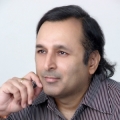
About Vikram Kapur
Vikram Kapur is the author of two novels--Time Is a Fire and The Wages of Life. His short fiction and nonfiction have been published in a number of publications in the United Kingdom, the United States and India . These include, among others, World Literature Today, Wasafiri, Litro, Ambit, the Dublin Quarterly, New Writing, Driftwood, The Hindu, The Times of India, Frontline and Firstpost. His short stories have been shortlisted or longlisted, among other competitions, for the Commonwealth Short Story Prize, the Fish International Short Story Prize, the Summer Literary Seminars Competition and the Aesthetica Annual Creative Works Competition. He has a PhD in creative and critical writing from the University of East Anglia where he received the India-Africa bursary. He is currently Associate Professor of English at Shiv Nadar University. Right now he is working on a new novel. His website is www.vikramkapur.com

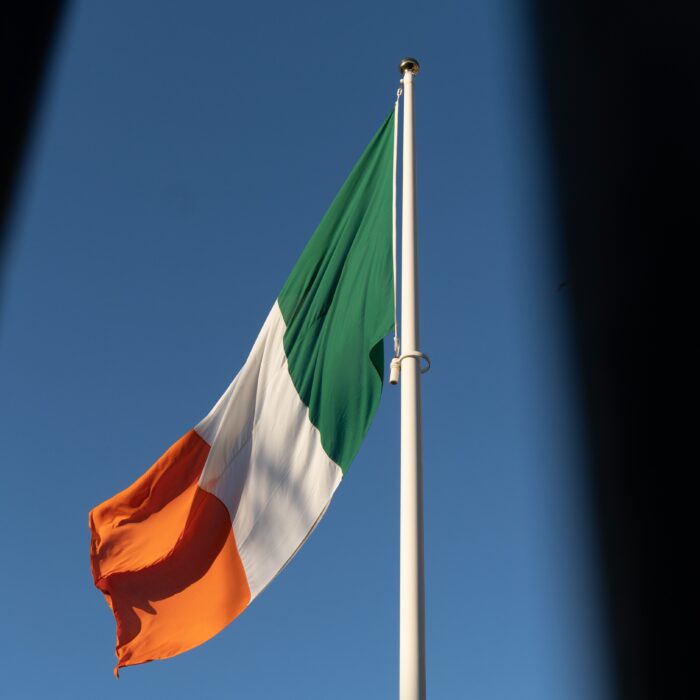
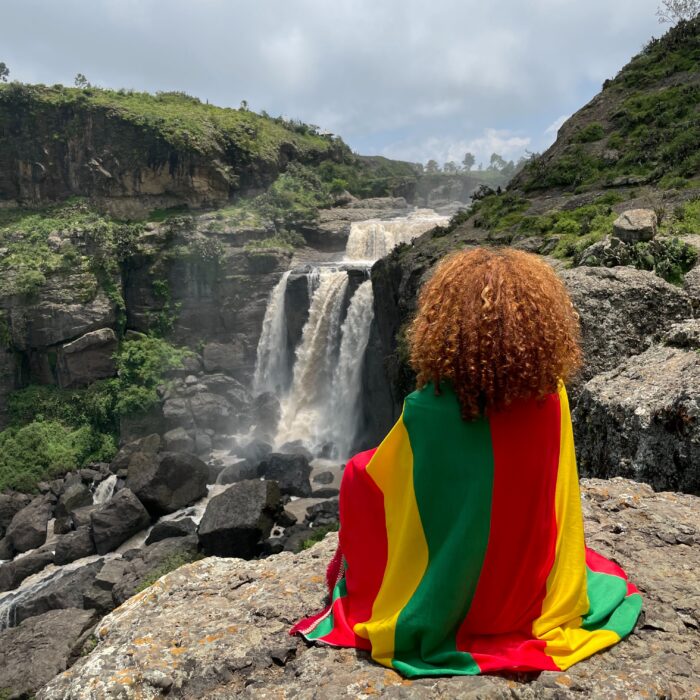

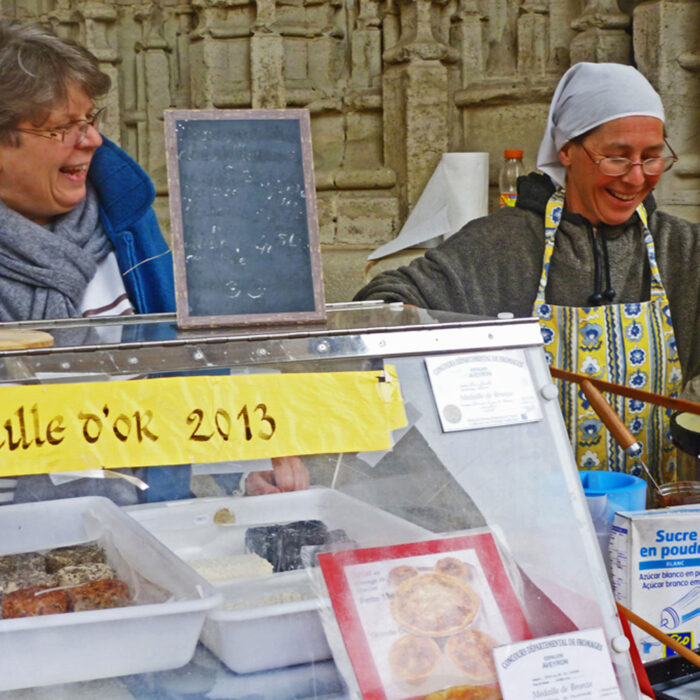
I began reading this page with interest and pleasure because I too was for a time ‘high on Yeats’ and publishing a novel about him; I finished reading Vikram Kapur’s words in a different mood, melancholy and appreciative, as for a good counsellor, because I also have experienced the delayed, unpredictable and inconsolable grief for a parent so precisely and memorably described above.